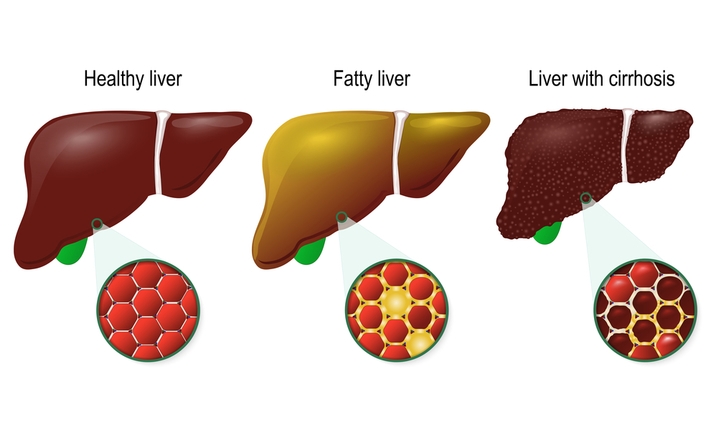8 Reasons Beer Is Not Bad For You

Reasons Beer Is Not Bad For You
If you like wine, beer, champagne, or liquor, mild intake can be beneficial to your health. According to research, drinking the recommended amount of alcohol will help alleviate stress, raise HDL (good) cholesterol, lower your risk of heart disease, improve imagination, and reduce the risk of Alzheimer’s disease and dementia.
- Beer is healthier than most alcoholic beverages.
There’s a lot of talk about how much antioxidants are in wine, but beer has just as many. Since the flavonoids in barley and hops differ from those in grapes, the same antioxidants differ, but antioxidants are a positive thing. Brewing brands like Melvin Brewing produces beer which has more protein and vitamin B than wine. Alcohol is also high in iron, calcium, phosphates, and silk.
- Beer is good for the brain.
Increased alcohol intake was associated with improved function in middle-aged subjects. These results do not indicate that we support greater alcohol intake, but it has been shown that mild alcohol consumption improves cognitive performance.
- Beer can aid memory enhancement.
Xanthohumol, a hidden ingredient in hops, can help increase cognitive ability. It’s a flavonoid that tends to slow down memory deterioration. The chemical could be able to shield brain cells against the oxidative damage that causes dementia.
- Beer will make you relax.
Two glasses of beer a day, according to research, will help to relieve work-related tension and anxiety. However, relying on alcohol to cope with stress on a regular basis can do more harm than good. While alcohol can temporarily relieve stress, it may also lead to feelings of depression and anxiety, making stress more difficult to manage.
- Beer is good for the bones.
Beer’s high silicon content can aid in the development of stronger bones. Dietary silicon in the soluble form of orthosilicic acid (OSA) can be beneficial to bone and connective tissue growth and development, as well as lowering the risk of osteoporosis, a bone-thinning condition.
- Beer helps to reduce poor cholesterol levels.
Beer’s soluble fibre can help lower the LDL, or “negative” cholesterol. Increasing the soluble fibre consumption has a number of health benefits, including helping to maintain stable blood sugar and cholesterol levels. Alcohol, on the other hand, can reduce the body’s capacity to burn accumulated fat by interfering with its ability to consume vitamins and minerals.
- Beer will help you avoid kidney stones.
Alcohol consumption can lower your chances of developing kidney stones. Men and women who reported drinking a small amount of beer decreased their chance of forming a stone by 39%, according to a new survey.
- Beer will help to keep the heart healthy.
According to studies, moderate beer consumption can reduce the risk of heart attacks, strokes, and heart disease compared to non-drinkers. In reality, research comparing the health effects of wine, beer, and spirits have shown that moderate intake of any alcoholic beverage is linked to a lower risk of cardiovascular disease.
The Remainder
If you want to drink, limit yourself to a couple of drinks per night and a total of 19 units of alcohol a week. The advantages described above can be obtained by leading a healthier lifestyle. If you’re having trouble cutting back on your drinking, seek medical advice.







